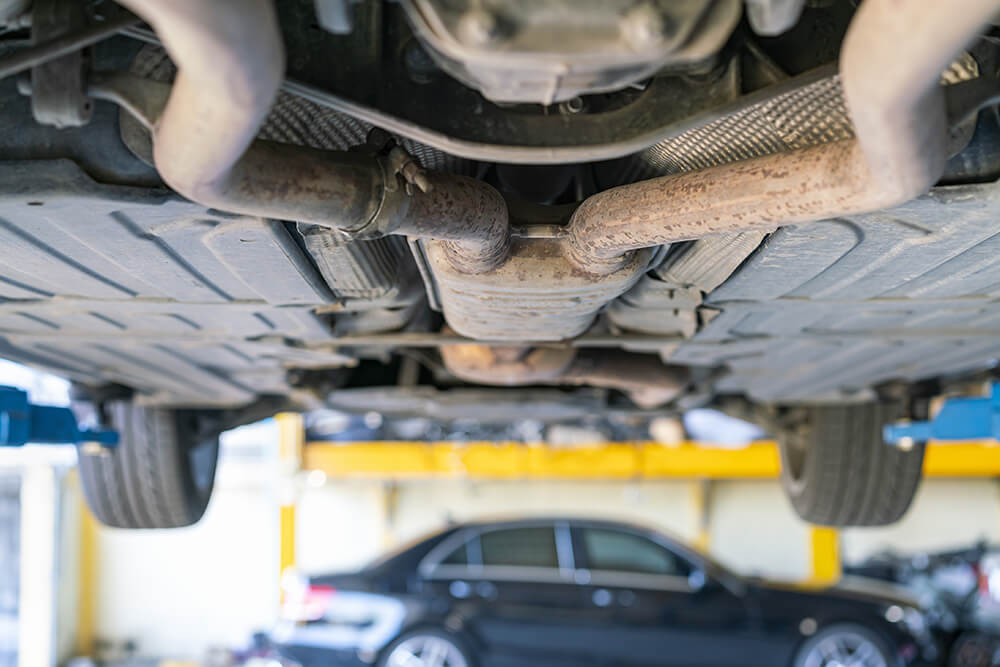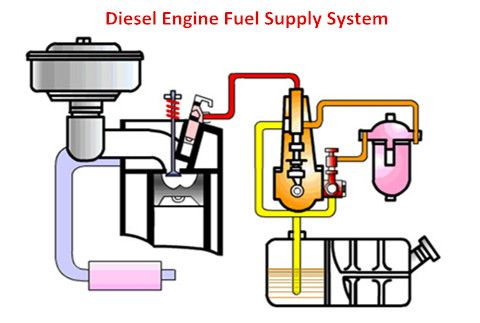Search results: 152
 `Purpose statement
This core module describes the skills, knowledge and attitude to be acquired by the
learner to construct pavement of any surface made with concrete, by mainly preparing
hardcore base, concrete and performing screeding.
`Purpose statement
This core module describes the skills, knowledge and attitude to be acquired by the
learner to construct pavement of any surface made with concrete, by mainly preparing
hardcore base, concrete and performing screeding.
- Teacher: Jean Damascene TUYAMBAZE
This module describes the skills, knowledge and
attitude required to apply DevOps techniques. It is prepared for students
pursuing TVET Level 5 in Software Development. At the end of this module the
student will be able to Perform server configuration, Deploy the system and
Implement monitoring strategies.

- Teacher: Speratha TUYISENGE
This module covers the knowledge; skills and attitudes required to provide a balanced feeding to domestic
animals by managing fodder crops and pasture in an optimum manner.
This course introduces learners to the lathe machine, one of the most important and widely used machines in manufacturing technology. Students will gain both theoretical knowledge and practical skills in operating, maintaining, and applying the lathe for different machining processes.
The course begins with the history, types, and parts of the lathe machine, explaining their functions and importance. Students will learn about the working principle, which is based on the rotation of the workpiece against a cutting tool to remove material.
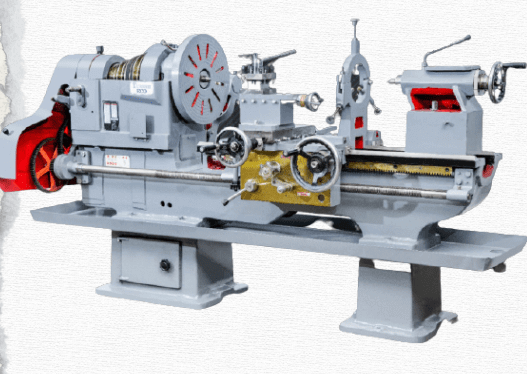
- Teacher: Jeremie NGIZWENAYO
This module describes the skills and knowledge required to perform minor surgery on animals without supervision, . Upon completion of the module, you will be able to perform injections, perform wound and abscess treatment, execute male castration, perform dehorning, apply hoof trimming techniques, perform livestock caudectomy, Perform trocarisation.
The module content include the course presentation and short notes which will help you to navigate through the module, a self-evaluation will be provided for every presentation to assess your understanding on what you will be reading.
Thank you and welcome to this module.
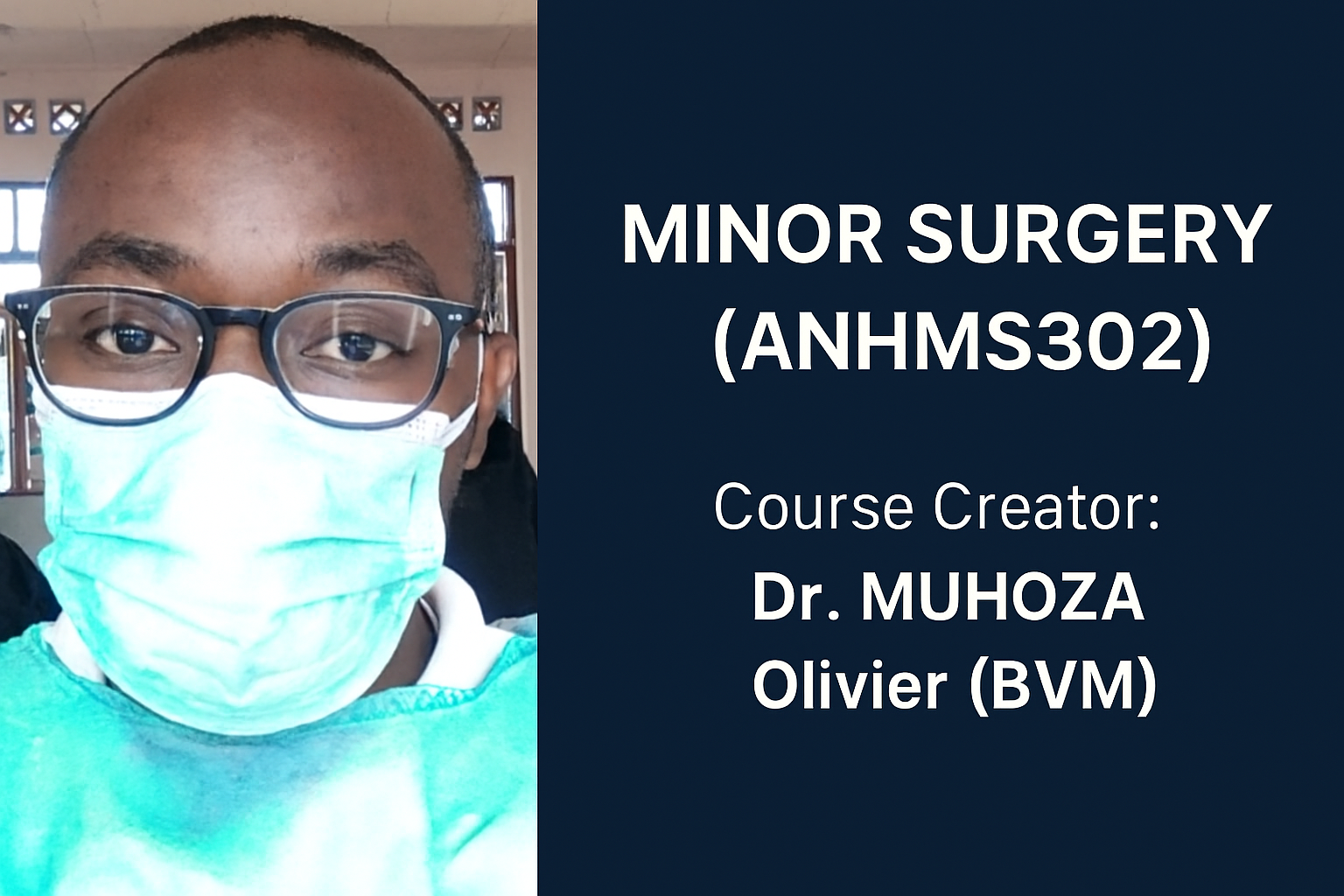
- Teacher: Olivier MUHOZA
Bench work refers to a variety of manual operations carried out on a workbench. These
tasks include measuring, marking, cutting, filing, drilling, tapping, and assembling parts.
A fitter’s work is unavoidable when different parts are to be assembled in position after
they have been finished. Alignment of machine parts, bearings, engine slide valves and
similar other works call for a fitter’s work. Reconditioning and refitting of machines and
machine parts cannot be done without a skilled fitter.
All the above types of work require the use of a large number of hand tools and a fitter
must have good working knowledge of all these tools and instruments.
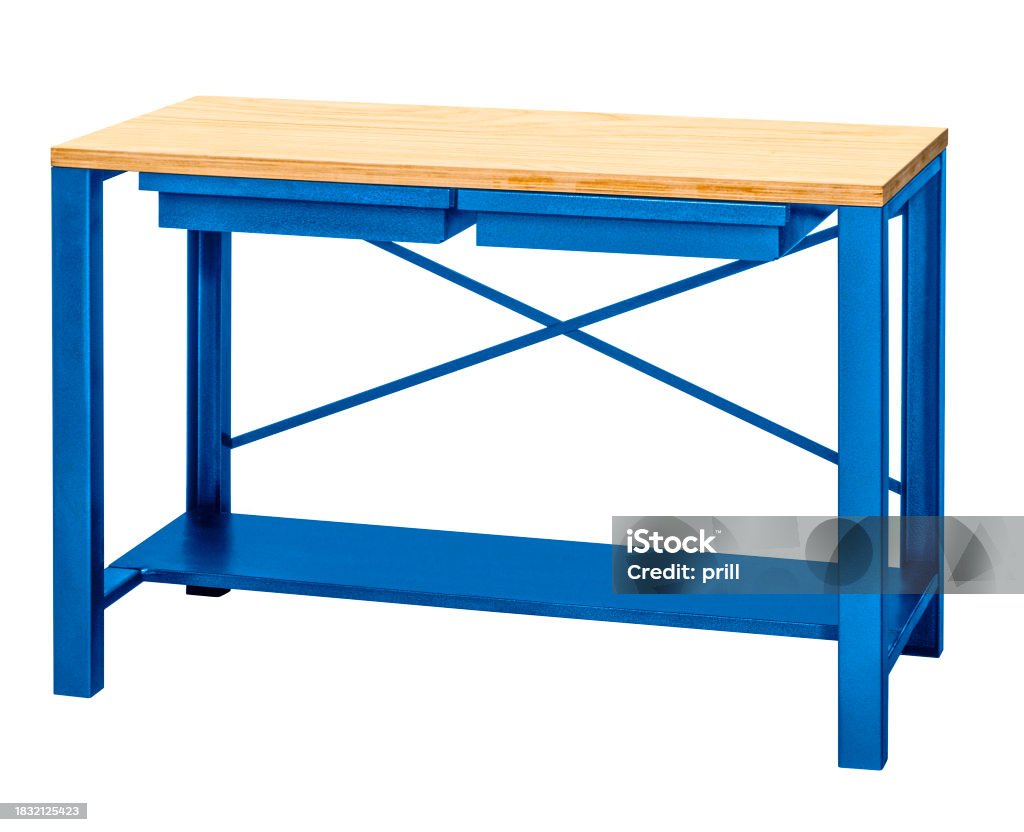
- Teacher: Jeremie NGIZWENAYO
This module covers the knowledge, skills and attitudes required to prepare
workplace for veterinary intervention. Indeed, any veterinary activity involves a
proper preparation of workplace. So this competence is very important for the
Animal care technician training and it is a prerequisite for all the specific
modules of the qualification involving the manipulation and treatment of the
different animal species. It is intended for learners who have successfully
completed ordinary level, level II in animal health or its equivalent and pursuing
TVET level III and related qualification. Upon completion of this module, the
trainee will be able to: Identify and store veterinary drugs according to their
therapeutic function; Identify and store veterinary instruments and equipment
according to their intended use; Clean and sanitise workplace, instruments and
equipment; Perform proper waste disposal
Ruminants
are essential to livestock farming, especially in regions like Rwanda where
they contribute significantly to food security, income generation, and
sustainable agriculture. Each breed of cattle, goat, and sheep has unique
characteristics that determine its suitability for meat, milk, fiber, or labor
production. Identifying these breeds accurately is the first step toward
effective farm management and breeding programs
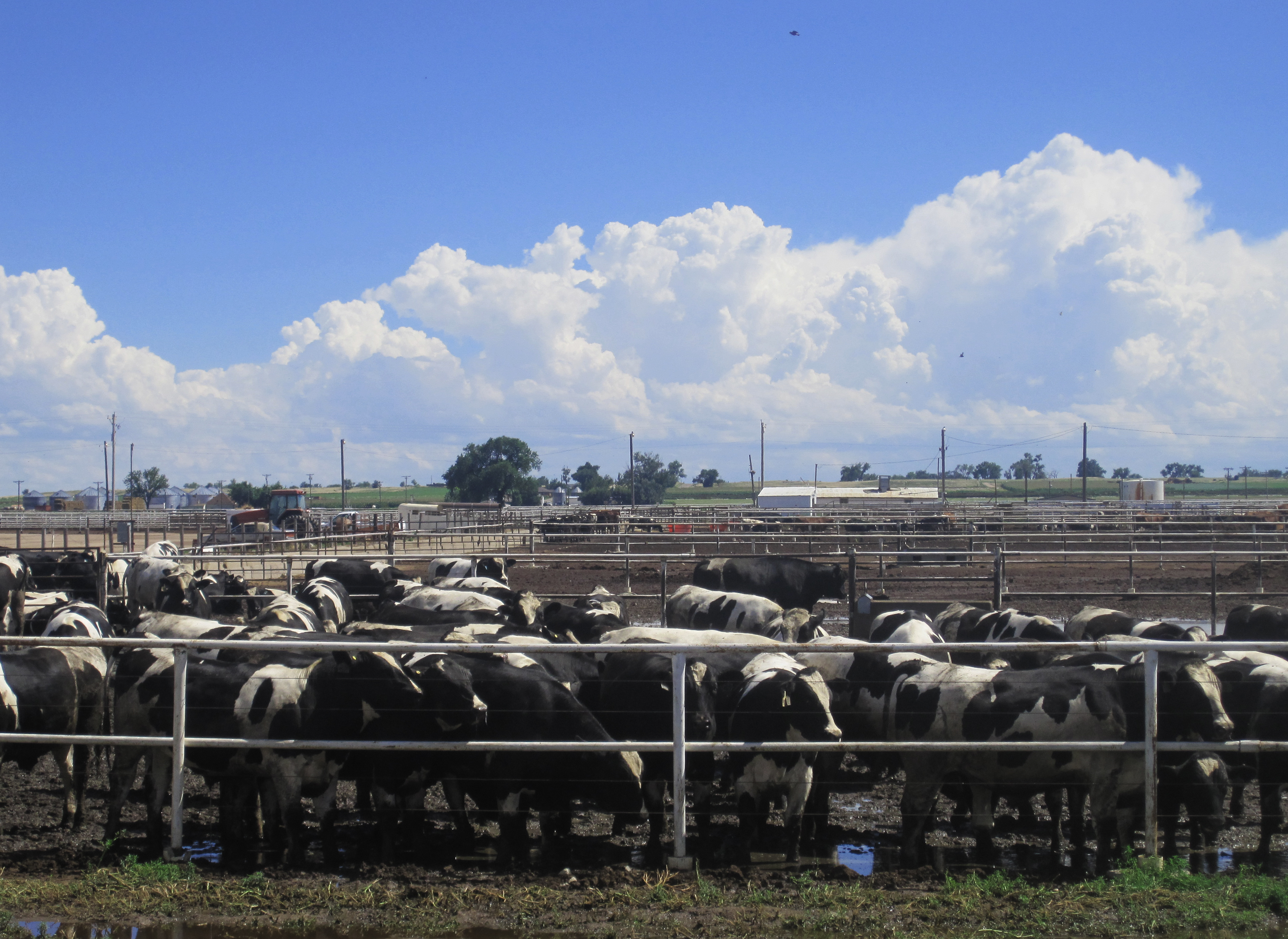
People keep rabbits for many different reasons. The main aim of this module is to give some reasons for small farmers, low income families, trainers and learners to do so, and to discuss management, breeding, nutrition, veterinary, and other problems for this type of backyard farming.

This specific module describes the knowledge, skills, and attitude of performing acoustic and thermal insulation works. It is intended to be pursued by you at TVET Certificate V in building construction. At the end of this module, you will be able to perform preliminary works, construct soundproof elements, and install thermal insulation panels.

- Teacher: MUKANSANGA PASCALINE
This module describes the skills, knowledge and attitude required to operate small farm tools and equipment. It is designed for learners who have successfully completed nine years basic education or its equivalent and pursuing TVET level III in Agriculture. At the end of this module, learners will be able to prepare, familiarize and maintain small farm tools and equipment. Qualified learners deemed competent may work with others different farming sites.
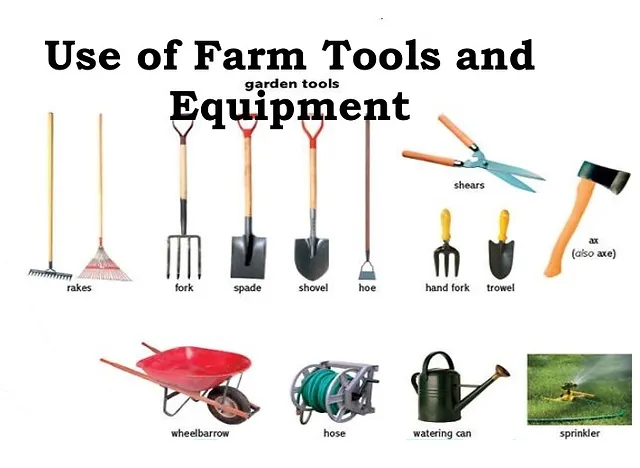
- Teacher: Eric Hitimana
This class is intended to build the capacity of both TVET teachers and students in Artificial Intellidenge (AI) as part of emerging technologies integrated into TVET new curricula.
This training will equip participants with practical skills, bridging the gap between education and the modern job market.

Purpose statement This module describes skills, knowledge and attitude required for a TVET graduate to
apply professional and multicultural ethics at workplace. Upon completion of the
module, the learner will be able to analyze social diversity at workplace, communicate in
multi-cultural settings, lead a team and demonstrate professionalism and ethical
behaviors at workplace.
- Teacher: Jean Damascene TUYAMBAZE
This module introduces learners to ArchiCAD software, a powerful tool used in architectural design and drafting. The module is designed to equip learners with the skills, knowledge, and confidence to set up the software environment, create accurate digital drawings, and prepare final outputs for presentation or printing.
- Teacher: Emmanuel HABIMANA
Assembly is the process of putting together individual manufactured parts or components to form a final product, sub-assembly, or system. It is a key phase in manufacturing and production.
- Teacher: AUGUSTIN MBONIGABA
This module describes the skills, knowledge and attitude required to repair engine cooling system. At the end of this module, learners will be able to identify, describe, repair and test engine cooling system components and test engine cooling system under minimum supervision.

- Teacher: Eric Hitimana
- Teacher: Origene IGIRANEZA
This module describes the skills, knowledge and attitude required to repair automotive engine under minimum supervision. At the end of this module, learners will be able to describe engine components, to maintain engine systems and to overhaul engines based on their types.

- Teacher: Origene IGIRANEZA

